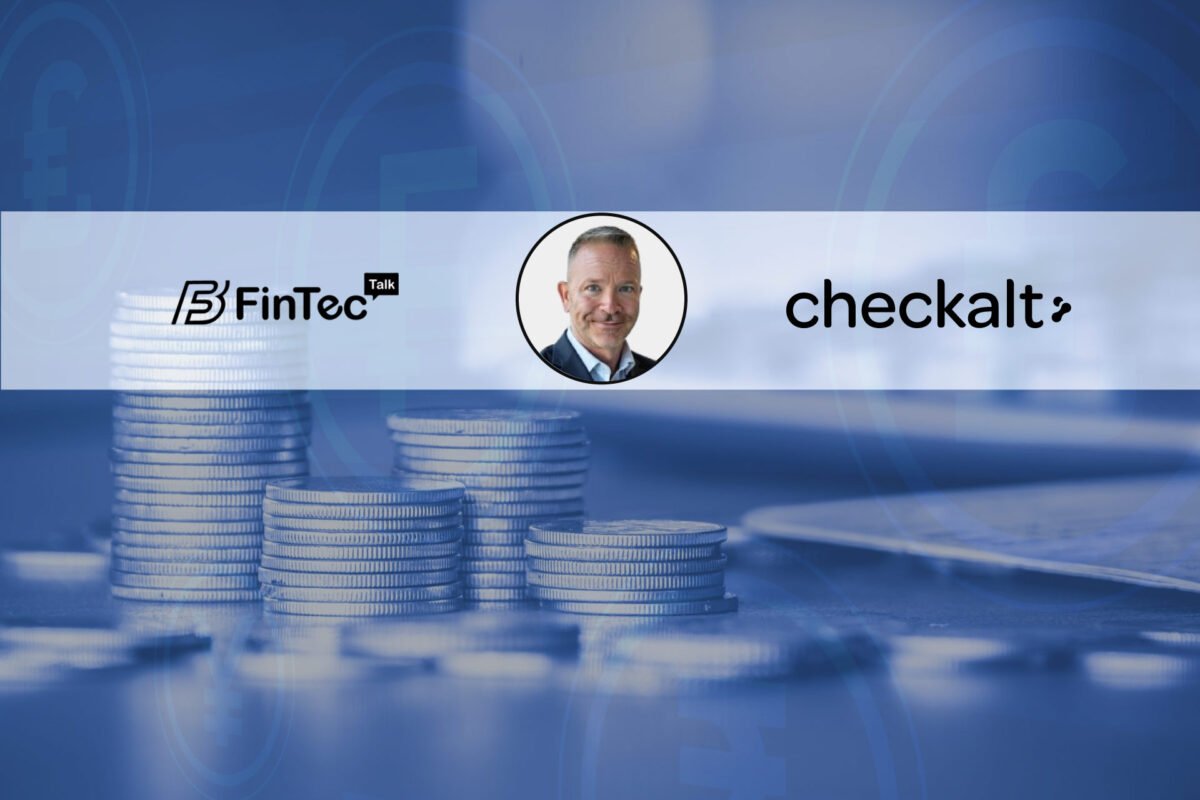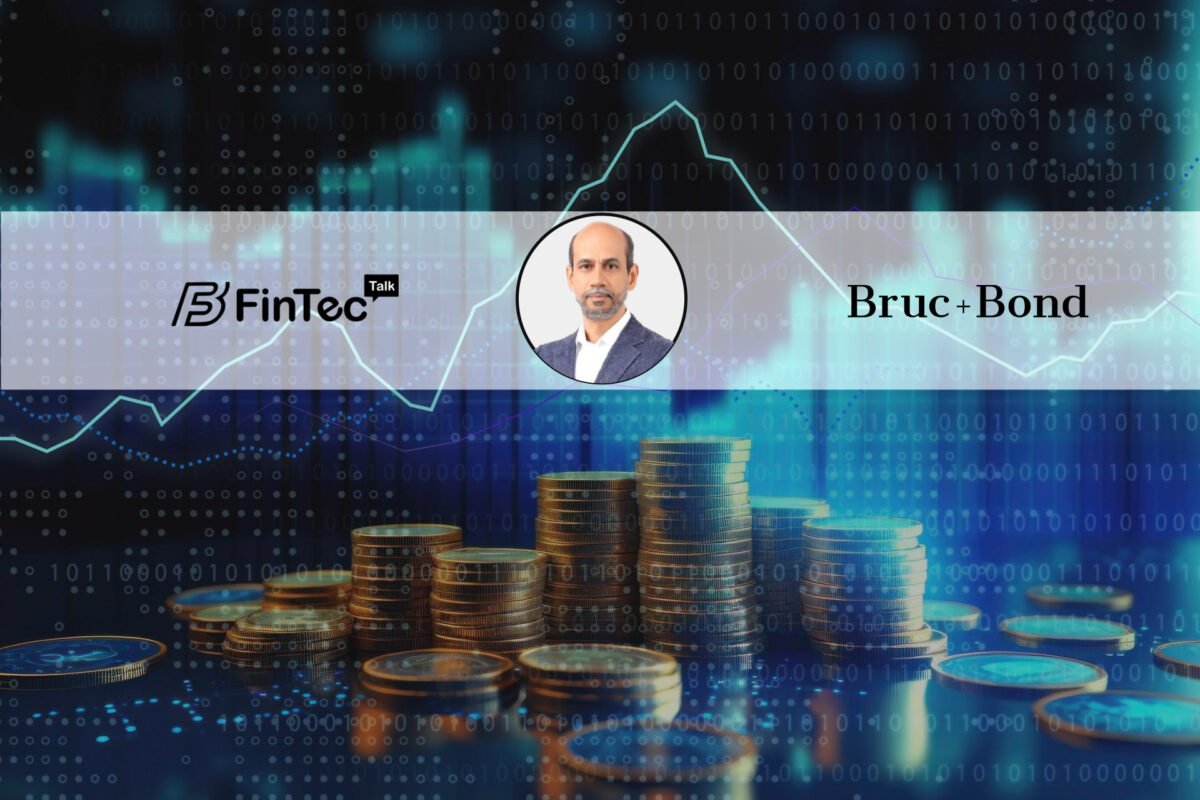1. Tell us about your role in Anchor?
As founder and CEO of Anchor, I have multiple roles ,one of them being to oversee the development of the Monetary Measurement Unit (MMU) and ensure that the algorithms and data that go into our non-flationary financial index are validated and tested, so that the Anchor stablecoin’s peg of value maintains long-term price stability and is resilient to external market fluctuations. I lead our team’s efforts in developing our next-generation algorithmic stablecoin and work with the C-suite to ensure all operations are functioning seamlessly and we are meeting our immediate objectives of providing the market with an alternative to fiat-pegged stablecoins, and are on track for achieving our longer-term vision of becoming a globally recognized foreign currency.
2. Can you tell us about your journey into this market?
Twenty years ago, I saw the innovation of Voice over IP during the start up of my first telecom company. I embraced this technology and expanded upon it to successfully found and build 12 companies generating over $1 billion in revenue. I also saw the immense opportunity for innovation in the cryptocurrency industry, and I’m working to pave the way forward with the Anchor stable currency that is actually pegged to something stable.
My journey into crypto began in 2014, when I first heard about Bitcoin. Learning about this fascinating technology sparked my idea for a token that would be pegged to a non-flationary financial index and provide token users long-term price stability, preservation of purchasing power, and protection against inflation. In 2017, I began working with our team of PhDs to develop this project, and now we are celebrating Anchor’s launch on its first exchange, Liquid.
3. How do you think technology is developing the Finance Sector?
Since Bitcoin’s introduction, blockchain technology has been disrupting the financial sector. The world’s current economic systems are driven by fiat currencies that are not based on anything of value. Having abandoned the gold standard decades ago, the United States and other leading national economies finance themselves by printing their own currency, which inevitably leads to inflation. We’ve seen the dire impacts of hyperinflation in countries like Venezuela, but even the United States, whose currency is so ubiquitous that other countries use it as a value peg, cannot guarantee stability. For one, the ballooning national debt could eventually lead to a catastrophic economic downturn from which it could be almost impossible to bounce-back.
4. How has the introduction of cryptocurrency contributed in redefining the finance sector?
The most important development is the formation of an alternative global financial system centered on a value peg that is impervious to inflation, devaluation, influence from politically-motivated governments, and other market impacts suffered by fiat markets. As we potentially approach a global recession, alternative investments to fiat-driven instruments will be that much more important for investors and anyone seeking to hedge against volatility.
Case in point, cryptocurrency adoption is very high in Latin America because of economic turmoil and uncertainty tied to fiat currencies. In Venezuela, cryptos have replaced the bolivar in providing a more stable store of value and predictable price point day-to-day. Of course, most cryptos remain incredibly volatile making them impractical to be used as a currency in most circumstances, which is why we developed the Anchor stablecoin to provide a hedge against such market volatility and allow people to retain long-term price stability and purchasing power over time.
5. Can you explain how you plan to solve the problem of liquidity?
Given the crypto market is still young relative to more traditional fiat-based assets, there are fewer avenues for exchanging and trading tokens as well as a smaller pool of buyers, all of which leads to lower liquidity. Institutional players and the eventual launch of Libra with its two billion users will make crypto more mainstream and improve liquidity. The entire industry is working towards real use cases where currencies will be used to pay employees and bills, and, ultimately, create ecosystems that thrive simultaneously, catering to different needs.
6. How has pegging stablecoin with global economic growth benefits Anchor and its clients?
Anchor is pegged to global economic growth via the MMU, which is a non-flationary financial index created by an algorithm that tracks a series of macroeconomic indicators to provide the most accurate, available measure of real value that exists in the world today. Since the global economy has increased steadily over the past 25 years by 2.5% on average, the MMU not only allows for a stable peg of value but also ensures appreciation in value over time.
Stablecoins backed by fiat and real world assets, by contrast, are susceptible to the same market fluctuations, depreciation, and loss of purchasing power as their traditional counterparts to which they are pegged. For example, the top 10 most-traded fiat currencies have significantly depreciated in value over the last 25 years (beginning in 1994):
- The US dollar (USD) has lost more than 55% of its purchasing power.
- Euro (EUR) has lost approximately 44% of its purchasing power.
- Pound sterling (GBP) has lost nearly 51% of its purchasing power.
- Australian dollar (AUD) has more than 63% of its purchasing power.
- Canadian dollar (CAD) has lost approximately 45% of its purchasing power.
- Chinese renminbi (CNH) has lost nearly 86% of its purchasing power.
- Swedish krona (SEK) has lost more than 38% of its purchasing power.
- New Zealand dollar (NZD) has lost about 50% of its purchasing power.
The global economy, on the other hand, has a sustainable and predictable growth trend with global GDP steadily increasing over time. By leveraging the sustainable growth trend of the global economy, Anchor offers stable financial solutions to individuals, businesses, organizations, and governments.
7. How do you differentiate Anchor Wallet from others?
The Anchor Digital Wallet was released in beta on August 20th so that avid crypto investors and traders can test the functionality and provide feedback for further development. The Anchor Wallet, developed in partnership with Ambisafe, a global capital markets and blockchain infrastructure provider, is a digital hot wallet that offers security and stability. Users can purchase Anchor tokens (ANCT) with any fiat currency or major cryptocurrencies such as BTC, ETH, USDT, and USDC, and liquidated at any time by using the transfer feature to any Ethereum wallet address. Crypto traders and enthusiasts interested in participating in the Anchor Wallet’s closed beta testing can apply for access today by visiting theanchor.io/wallet. If accepted, beta testers will have the ability to use all wallet features including buying, selling, exchanging, and transferring ANCT within the closed network.
8. What advice would you like to give to the Startups?
Be adaptable, agile, and don’t be scared to be far beyond your time – the rest of the world will eventually catch up.
Especially in the world of token startups, project founders need to be able to adjust to changing regulatory frameworks, shifting public perception, and token price fluctuations in order to stay relevant and meet the needs of our constantly evolving economy.
9. Which Startup technology has grabbed your attention?
Beyond blockchain technology, I’m also interested in how AI and automation are changing the nature of work. As robots take on more menial tasks in manufacturing, shipping, customer service, and other industry verticals, it will be that much more important for individuals to take control of their value and have a stake in the systems to which they contribute. The tech giants, led by Apple, Google, Amazon, and Facebook, make billions of dollars by collecting user data and selling it to advertisers. As data becomes one of our most valuable commodities, the sustainability of our global economy depends on the empowerment of users to benefit from their data contributions.
10. How do you prepare for a Technology-centric world?
From blockchain to AI, technology is transforming the way we live and work. It’s important for companies to be aware of the changes impacting the lives of everyday people so that we can provide real solutions to real problems. We also need to continue to educate people about the importance of decentralized systems that allow for increased control over their own value.
11. Can you tell us about your team and how it supports you?
I’m fortunate to have a team of extremely talented and hard-working individuals working hand-in-hand with me on Anchor Project. From my Co-founder and COO Cristian Bronescu, to our developers, to marketing and communications, to the economists and mathematicians behind the MMU algorithm, all are invaluable in the development and launch of the Anchor stablecoin token.
12. What are the major developments you are planning, in recent time?
ANCT recently launched on the Liquid global exchange, marking the first time crypto traders, investors, and enthusiasts can purchase, trade, and exchange a stablecoin the sustainable and predictable growth trend of the global economy. In another important step in our international rollout, Anchor will be listed on IDEX at the end of September.
13. Which Book are you reading these days?
I am very much enjoying Nomi Prins’s All the Presidents’ Bankers: The Hidden Alliances that Drive American Power. The book delves into the history of how a small group of monied individuals had an oversized hand in influencing some of the major events shaping American society. I find the content of the book particularly important, because we need to understand the factors contributing to the formation of our current financial systems to have a real chance of changing them for the better.
14. We have heard that you have a very joyful work culture, we won’t mind having a look at some of the pictures?

15. Can you give us a glance of the applications you use on your phone?
Telegram, Skype, Facebook, QuickCall (which I created myself), Uber, Delta, Expedia, Travelocity, LinkedIn, WeChat are some of them.




